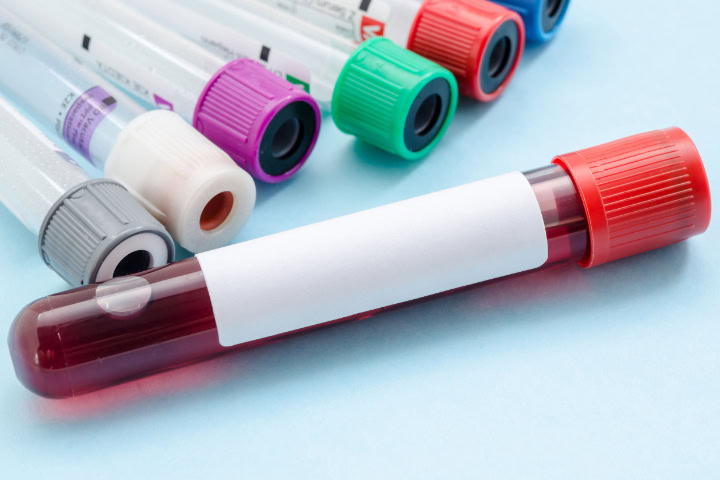
NSW Government’s Proposed Mandatory HIV Testing Condemned

The New South Wales government on Wednesday introduced a new mandatory HIV testing law in Parliament, a move condemned by experts and community organisations.
The proposed legislation, Mandatory Disease Testing Bill, seeks to enforce compulsory testing of persons whose bodily fluids have come into contact with frontline health, emergency or public sector workers. ACON said the “misguided and ineffective” law, ignores science, incites fear and harms marginalised communities. ACON has urged the NSW government to set up an inquiry to study the harm caused by the proposed law before it is passed by Parliament.
“We strongly believe in the importance of wellbeing and safety of frontline workers in NSW. We agree they must be protected as much as is reasonably possible in a high-level occupational risk environment. We believe that those putting forward this Bill to mandatorily test people are doing so as a well-meaning but misguided gesture of care for emergency services personnel,” ACON CEO Nicolas Parkhill said in a statement.
“This Bill does not afford real protections for our frontline workers – our current policies and procedures do, as evidenced by the fact that there has not been an incidence of occupational transmission of HIV for emergency service workers in more than 15 years. This Bill is not in line with evidence, not consistent with multiple state, national and international policies and guidelines, it exacerbates unfounded fear and it does nothing to educate and inform our workers about the real risks associated with bodily fluids.”
The proposed law says that a person aged 14 and older can be ordered to provide a blood sample for testing for blood-borne diseases in two circumstances.
One, in which the person’s deliberate action resulted in their bodily fluids coming into contact with a frontline worker.
Second, if the workers feel they are at risk of contracting a blood-borne disease after the incident.
A person who fails to comply with the mandatory order of providing a blood sample can be punished with a fine of $11,000 and/or imprisonment for up to 12 months. The law authorises collection of blood, even if a person refuses to consent to it and gives the police and correctional officers powers to use reasonable force to collect blood samples of a person in custody.
Parkhill, said that it was “extremely worrying” that the law applies to children between the ages of 14 and 18.
“We believe that this Bill is based on fear and ignorance, and flies in the face of decades of evidence-based practice and policy in relation to HIV and other blood-borne virus transmission. The Bill will increase stigma and discrimination experienced by people living with HIV and other blood-borne viruses. It also presents risks and harms for many thousands of marginalised people in this state – the overwhelming majority of whom pose no blood-borne virus risk to our emergency workforce. Homeless people, people who experience mental illness, people struggling with addiction issues, Aboriginal and Torres Strait Islander people and others who are more likely to come into contact with frontline workers, particularly police officers – they also deserve our care and protection,” Parkhill said.
ACON pointed out that even at the height of the HIV/AIDS pandemic in the 1980s and 1990s, Australia did not resort to mandatory testing laws. Parkhill said that the law in its present form did not have the necessary clarity. The law proposed mandatory testing based on the subjective opinion of a frontline worker or their senior officer who may not have information or the expertise of contemporary evidence around blood-borne virus transmission.
Parkhill cited NSW’s world-leading response to the HIV and COVID-19 pandemics.
“We have done this by following the evidence, trusting people with information, and supporting frontline workers while they did their job – not by ignoring science, inciting fear and enacting policy that marginalises already vulnerable people.”
The National Association of People with HIV (NAPWHA) and the Australian Federation of AIDS Organisations (AFAO) had opposed the move by the NSW government, when the plans first came to light last year.









